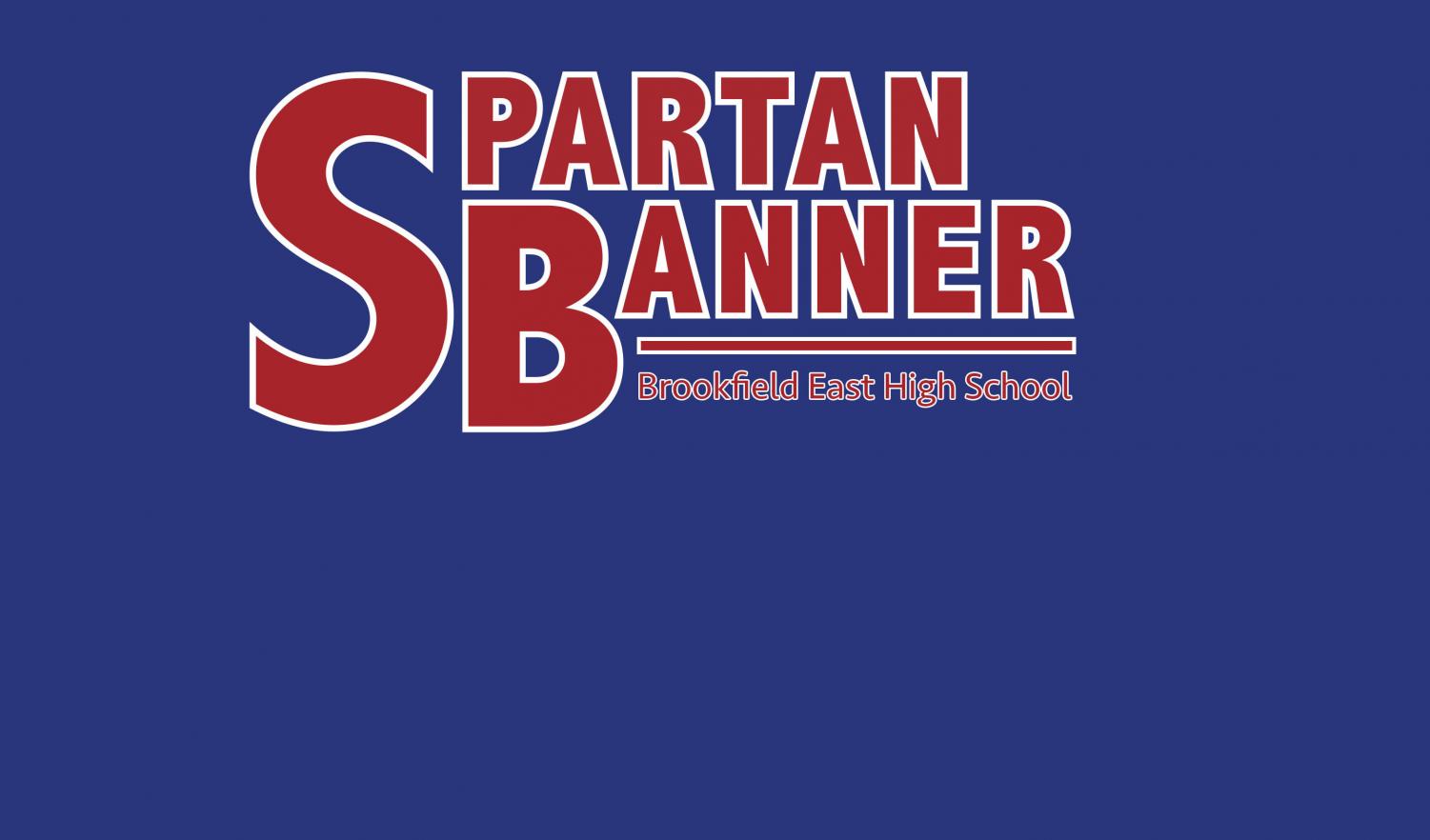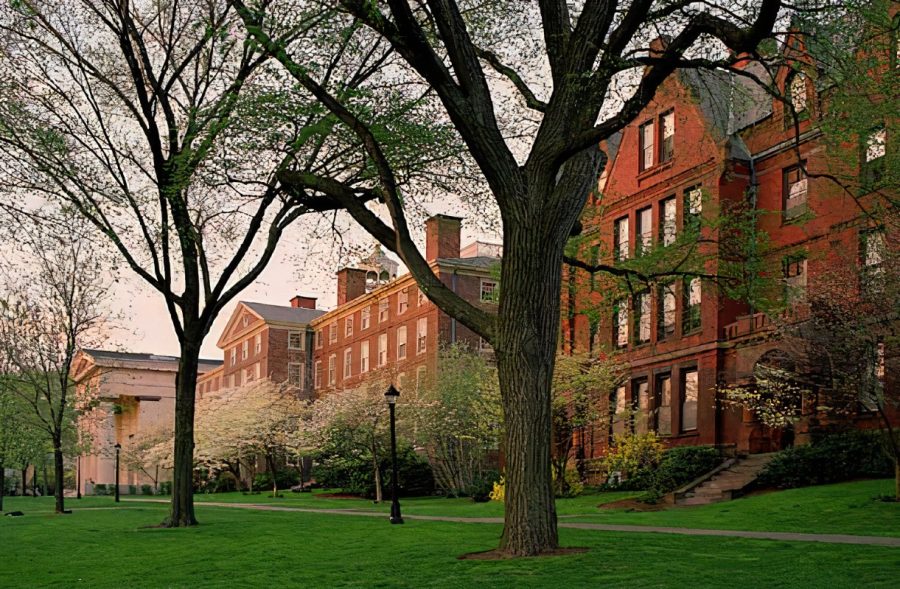Scamming with Style: Top 20 Colleges Face Lawsuit for Scamming Low-Income Students
February 16, 2022
It has been three years since the Operation Varsity Blues scandal. Celebrities, hedge fund millionaires, and college coaches were all charged for fraud and paid a total of $25 million to bribe their kids into college. The scandal raised debates about the inequity and lack of transparency in the college admissions process.
Since the scandal, some schools began promising free tuition to students from families with annual incomes less than $125,00. As a result, the amount of first-generation and low-income students in the 2019-2020 freshman class increased by 20%.
Nonetheless, the promise was a little too good to be true.
On January 10, some of the same schools were charged with a lawsuit for handing out financial aid with a price-fixing cartel, making tuition prices higher than stated for over 170,000 low-income students. The schools included in the lawsuit are Brown University, the California Institute of Technology, the University of Chicago, Dartmouth, Cornell, Emory, Duke, Massachusetts Institute of Technology, Georgetown, Northwestern, Yale, Vanderbilt, the University of Pennsylvania, Rice, and Notre Dame.
All of the schools are a part of the 568 Presidents Group. The group was formed in the 1950s. Schools in this group collaborate on common goals for awarding non-federal financial aid to students and implementing need-blind policies to give all students an equal chance at the admissions process.
The lawsuit accuses nine of the sixteen schools of considering student financial needs during the admissions process. The suit states, 568 Presidents group is breaking the law because they are not need-blind and discriminate in favor of wealthy applicants with financial connections that can help the school.
When these schools select wealthy students, low-income students are put at a disadvantage. The suit furthers, “Privileging the wealthy and disadvantaging the financially needy are inextricably linked…They are two sides of the same coin.” This occurrence is nothing new. As of 2020, only 7.3% of Ivy League students come from low-income families. Evidently, we have to think critically about how selective colleges are feeding into existing inequalities through discrimination and ignoring need-blind policies.
So far, Yale, Brown, and CalTech are the only schools to respond to the allegation, all reiterating that they believe their financial aid policies comply with any applicable laws.
This lawsuit is not the first of its kind, and it most likely will not be the last. But unlike the Varsity Blues scandal, this is not about enticing athletic coaches and admission officers with donations, it’s about how selective colleges can strategically suppress the amount of financial aid given to low-income students and favor wealthy students in an already competitive enrolling class.



